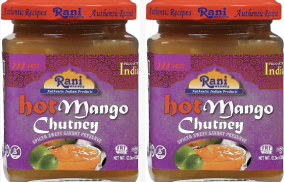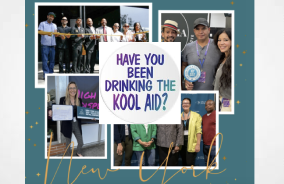Suva, 11 October 2024
The Pacific is increasingly becoming an important transshipment hub and an operational and destination point for organized crime syndicates, according to a new report launched today by the UN Office on Drugs and Crime (UNODC).
Titled Transnational Organized Crime in the Pacific: Expansion, Challenges, and Impact, the report provides a detailed analysis of the rapidly evolving organized crime landscape and related drivers. It highlights how foreign criminal groups are capitalizing on the region’s geographic isolation, infiltrating legitimate businesses and using new technologies to advance their illicit operations while evading law enforcement.
“Transnational organized crime has become a significant security threat in the Pacific, raising serious concerns for the region and its people,” said Baron Waqa, Secretary-General of the Pacific Islands Forum Secretariat (PIFS), during the launch in Suva, which brought together senior government officials from Fiji, representatives from neighbouring countries and international partners.
“PIFS welcomes this crucial report as it sheds light on the nature of the challenges we face and helps shape our collective regional response,” Waqa added.
Exploiting less-patrolled waters
The report reveals that foreign crime syndicates, primarily from Asia and the Americas, are exploiting the Pacific’s strategic location to traffic illicit drugs and other contraband. The region’s isolation, once considered a barrier, now provides these groups with opportunities to operate in less-patrolled waters, facilitating large-scale shipments through ship-to-ship transfers.
UNODC’s research also brings to the forefront the alarming rise in methamphetamine use across several Pacific countries, particularly Fiji, Papua New Guinea and Tonga, posing significant public health risks.
“The rising methamphetamine use is alarming but not entirely unexpected, given the increasing illicit drug trade along major trafficking routes,” said Matthew David Watson, UNODC’s lead advisor in the Pacific on transnational organized crime.
“We are also seeing a worrying trend of organized crime groups posing as legitimate businesses in key sectors such as hospitality and pharmaceuticals, using technological innovations to conceal their operations. This complicates the efforts of law enforcement agencies in the Pacific and carries implications for major markets in Australia and New Zealand.”
Benedikt Hofmann, Deputy Regional Representative of UNODC’s Regional Office for Southeast Asia and the Pacific, noted that: “Transnational organized crime not only threatens governance and stability in the Pacific, but it also endangers biodiversity, natural resources and the livelihoods of local communities. It is crucial that we strengthen regional cooperation to mitigate these threats and protect the Pacific’s future.”
The report calls for enhanced regional collaboration and coordination among Pacific Island Countries and Territories, noting that limited resources and capacities make it difficult for these nations to tackle transnational crime alone.
“Addressing the growing threat of organized crime requires a coordinated regional approach and stronger international partnerships. Small island states, with their limited capacity, cannot face these challenges alone,” Hofmann added.
Click here to access the report.
TOCTA_Pacific_2024
Click here to learn more about UNODC’s work in the Pacific.
For further information please contact:
Sonya Yee
Chief, UNODC Advocacy Section
Mobile: (+43-699) 1459-4990
Email: sonya.yee[at]un.org


















